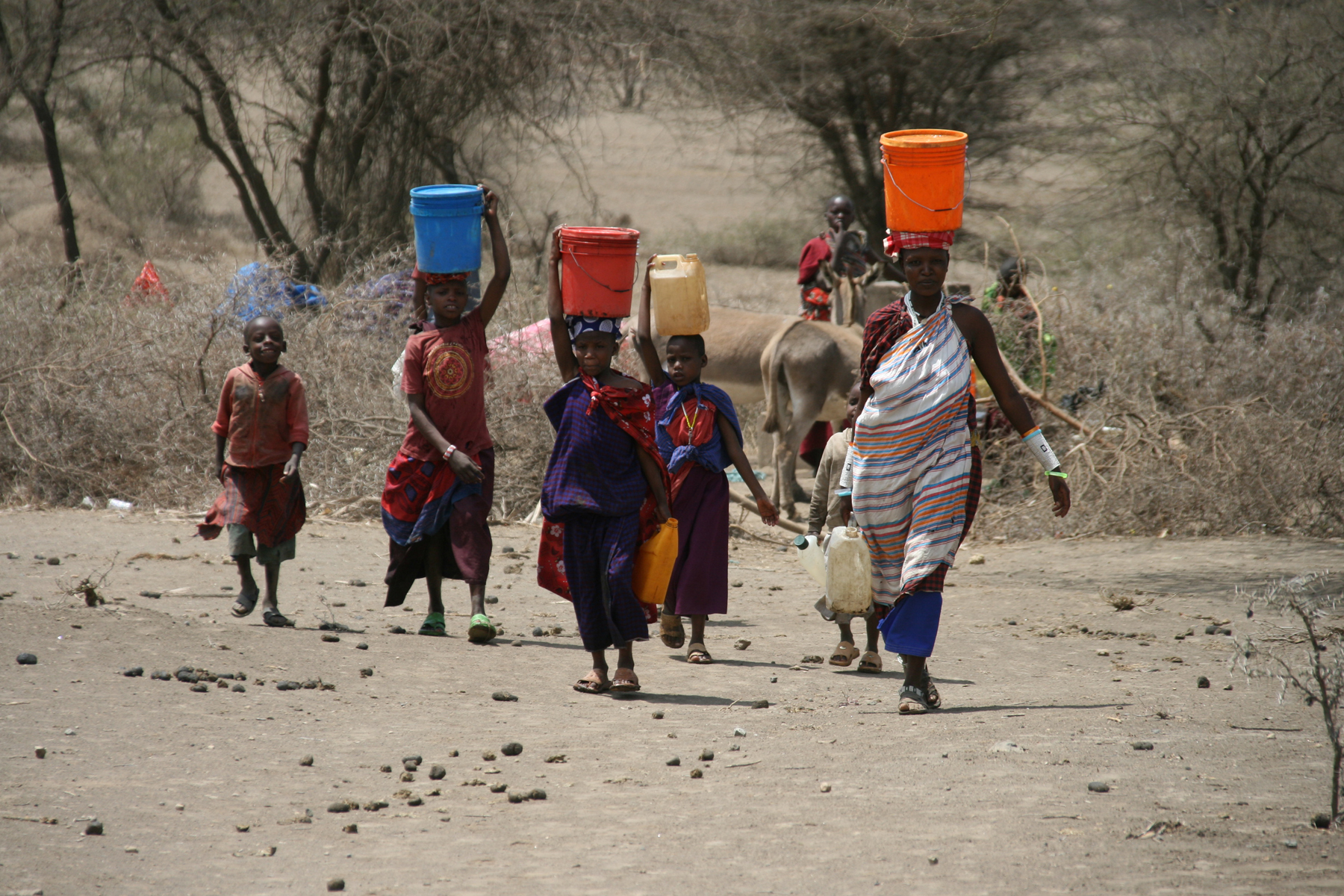
AcT2 PAIR (Promoting Accountability to Increase Community Resilience)
Start date and end date: 01/July/2020– 08/Jan/ 2021
Geographic target: Tanzania, Arusha Region (Monduli and Longido Districts)
Partners and other stakeholders:
Hakikazi Catalyst (Sub Grantee)
Monduli District Council (Boundary partner)
Longido District Council (Boundary partner)
Regional Administrative Secretary (RAS- Arusha) (Boundary partner)
Rural Water and Sanitation Agency – (RUWASA Arusha, Longido and Monduli) (Boundary partner)
Local authorities from 4 wards, 13 villages and traditional leaders (Stakeholders)
Final beneficiaries:
Approximately 40,000 pastoralists and agro pastoralists living in a key, remote ecosystem in Longido and Monduli districts, Tanzania.
Target groups:
Community Based Water Supply Organization (CBWSO) Water management committees
Project goal:
40,000 Indigenous pastoralists and agro-pastoralists in remote key ecosystem in northern Tanzania are more resilient to climate change through professional, accountable institutions able to secure inclusive governance processes.
Main outcomes
In the six months of project’s life, PAIR made a significant improvements of the governance and accountability of the rural water supply sector at national level and increased access to safe water for the people living in 13 remote rural villages in disadvantaged areas of Monduli and Longido Districts.
The original two-year project design had to be heavily restructured due to funding cuts by the FCDO; a set of activities that could be started and concluded within the new project life and which had the maximum impact were identified in consultation with KPMG.
The prioritised activities included: a rapid assessment of the water point functionality conducted with the technical partner RUWASA; a cross-district water scheme rehabilitation project to increase access to safe water for disadvantaged pastoralist communities; the development of new CBWSO’s National guideline (pilot and final revision process); a Decentralised Climate Finance high-level workshop to engage with national stakeholders; project activity feedback sessions and closure with Local Government Authorities and community leaders.
The implementation rationale of these activities allowed to honour the existing engagement with a national agency, RUWASA, the Central Government Authority Arusha Regional Secretariat, the Ministry of Livestock.
The strategic choice of interventions catalysed the project institutional counterparts to mobilise additional funds achieving an extremely powerful result: 500,000,000 TZS (around 170,000 GBP) mobilized by GoT (through RUWASA) for further water system rehabilitations in the project area.
The project offered to LGAs and RUWASA the opportunity to test their capacity to produce technically sound CC adaptation solutions for pastoralists; promoted the engagement of district officers and RUWASA technical teams with remote pastoralist communities; present technical proposals and discuss solutions to increase access and manage water in a more participatory format, offering a space for communities to get involved in the decision process.
The action also bridged the gap and maximized LGAs responsiveness to the community needs, provided the first example of collaborative intra-district and peer-to-peer learning programme which was catalysed by the Regional Administration, mandated to influence national policies and report lessons learnt to central government.